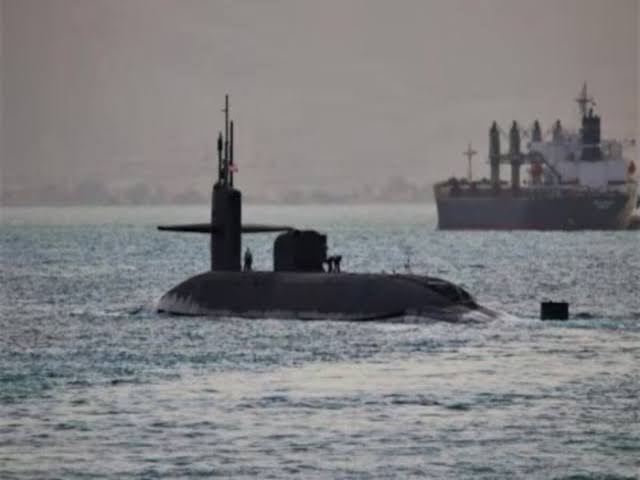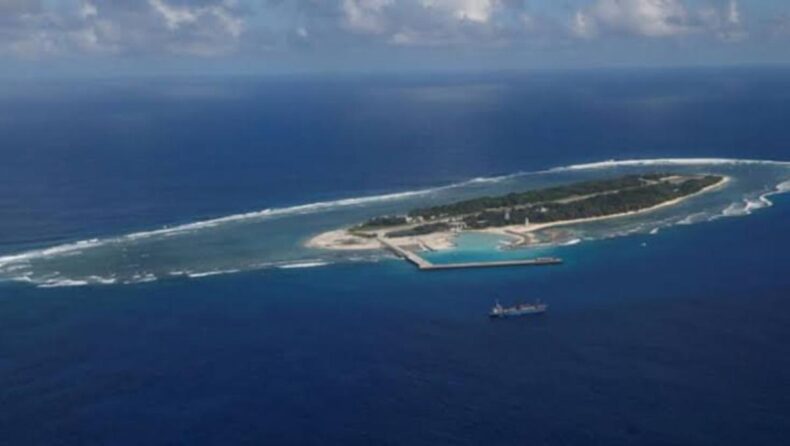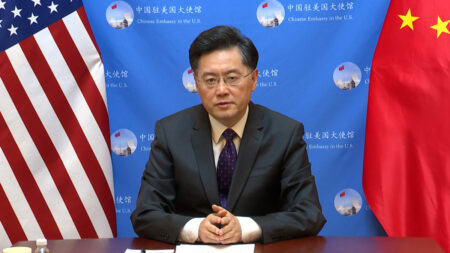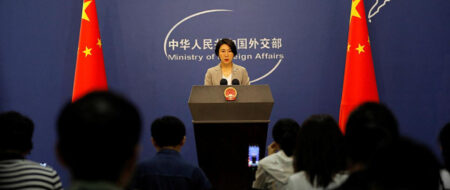Amidst escalating apprehensions regarding China’s assertive actions in the Indo-Pacific region, the United States, Indonesia, and five partner nations have decisively launched their annual military training exercises, aptly titled “Super Garuda Shield 2024.” This collective endeavor orchestrates the participation of approximately 5,000 personnel representing a comprehensive coalition of 19 nations, united by the overarching goals of strengthening regional security and fostering deeper cooperation among allies. This multinational initiative carries profound significance in an era where collaboration and preparedness stand as crucial pillars to navigate the multifaceted challenges posed by China’s increasing assertiveness.
Table of Contents
Strengthening Regional Security:
The exercises, which have been conducted since 2009 by American and Indonesian soldiers, expanded last year to include participation from Australia, Japan, and Singapore. This year, the inclusion of British and French forces signifies a growing commitment to multilateral security efforts in the region, addressing shared concerns over China’s increasing assertiveness.
China’s Alarm: Accusations of Indo-Pacific Alliance Formation
China’s response to the joint drills has been one of concern and suspicion, viewing the exercises as part of a broader effort by the United States to establish an Indo-Pacific alliance akin to NATO. China alleges that this alliance aims to curb its growing military influence and diplomatic presence in the region.
Observers from Diverse Nations Converge
Observers from countries like Brunei, Brazil, Canada, Germany, India, Malaysia, Netherlands, New Zealand, Papua New Guinea, Philippines, South Korea, and East Timor are present during the two-week exercises held in Baluran, East Java province. The joint drills are not just about military operations but also emphasize training, cultural exchange, command and control simulations, amphibious exercises, airborne operations, airfield seizure exercises, and combined joint field training, culminating in live-fire events.
Commanding General of the US Army Pacific, Gen. Charles Flynn, highlighted the significance of the 19-nation collaboration, citing it as a powerful testament to multilateral solidarity aimed at preserving a free, open, and stable Indo-Pacific region. In a statement from the US Embassy in Jakarta, Flynn underscored the commitment to a peaceful and secure regional environment.
Comprehensive Exercises: Fostering Interoperability and Combined Operational Capacity
The exercises have a broad scope, with at least 2,100 US and 1,900 Indonesian forces engaging in activities designed to enhance interoperability and build combined operational capacity. These include command post exercises focusing on mission planning and field training exercises involving battalion-strength elements from each nation.

Strategic Location: Garuda Shield’s Symbolic Choice of Terrain
It’s noteworthy that the Garuda Shield exercises have been conducted in various locations, including waters around Natuna, located in the southern portion of the South China Sea. This geographical choice accentuates the geopolitical significance of the drills in the context of the rivalry between the United States and China.
Complex Geopolitics: Balancing Positive Ties and Regional Concerns
Despite generally positive ties between Indonesia and China, Jakarta remains concerned about perceived Chinese encroachments in its exclusive economic zone in the South China Sea. The overlap of Indonesia’s exclusive economic zone with China’s unilaterally declared “nine-dash line” further complicates the situation and fuels Jakarta’s apprehensions.
While the primary objective of the Super Garuda Shield exercises is to enhance military cooperation and preparedness among the participating nations, the geopolitical implications of these maneuvers remain a focal point, reflecting the intricate dynamics shaping the Indo-Pacific region.













